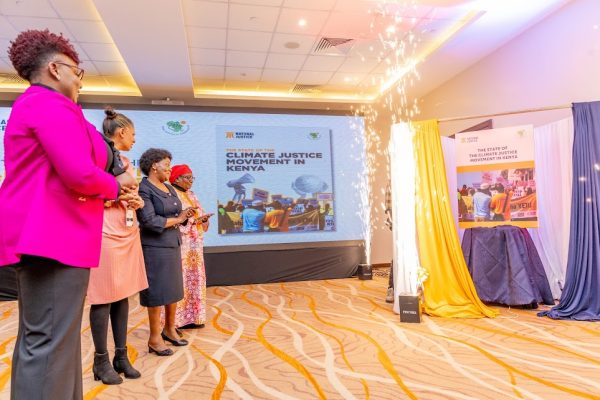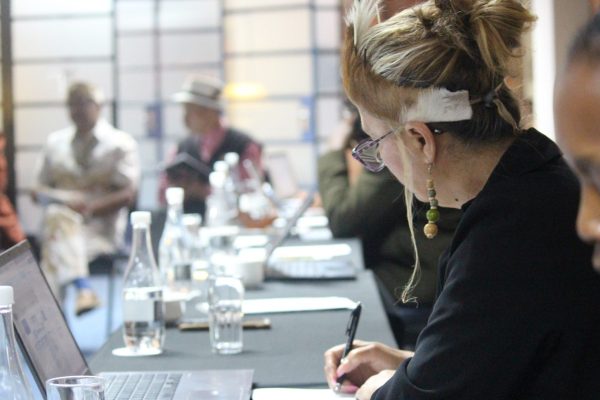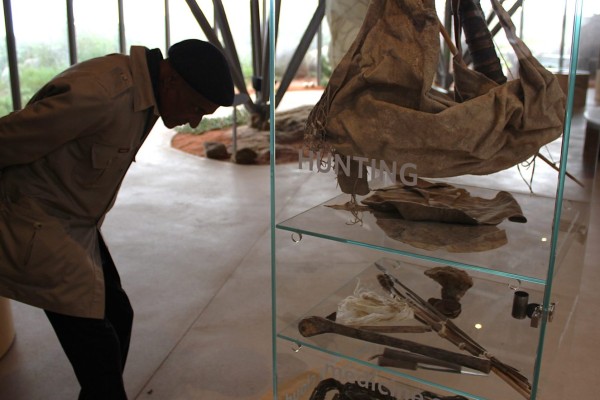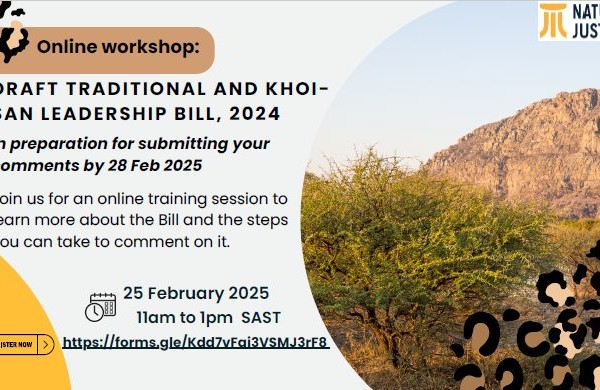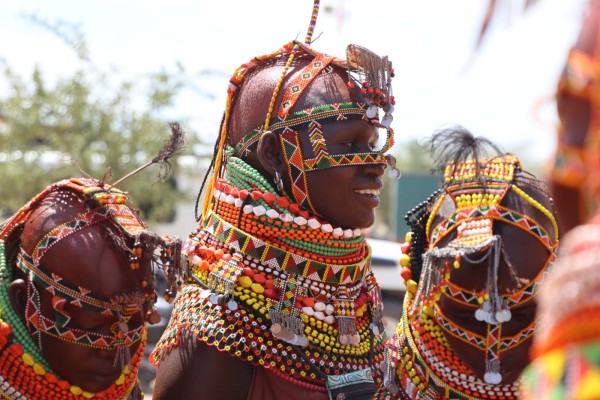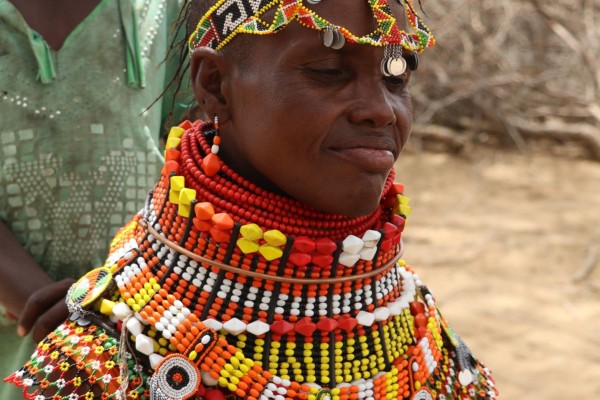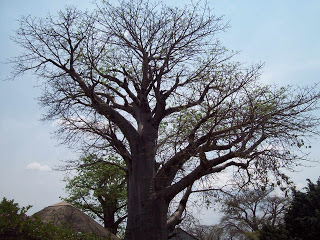
Kabir Bavikatte and Sabine Zajderman (Natural Justice) attended the Fourth Access and Benefit Sharing (ABS) Workshop for Eastern and Southern Africa in Malawi from 17-22 October. The workshop, organized by the ABS Capacity Development Initiative for Africa (ABS Initiative) and hosted by the Environmental Affairs Department of Malawi, was the first in the sub-region since the adoption of the Nagoya Protocol at the 10th Conference of the Parties to the Convention on Biological Diversity (CBD). In light of this development, African countries are now discussing and identifying relevant ABS strategies at national, sub-regional, and regional levels to address the challenge of implementing the Nagoya Protocol. This meeting also echoed the Fourth ABS Sub-Regional Workshop for West Africa and the Maghreb, which was coordinated and facilitated by the ABS Initiative in collaboration with the Ministry of Environment and Sanitation of Mali and held in Bamako, Mali, from 26 September to 1 October.
The first four days of the workshop in Malawi aimed to inform the participants about the provisions of the Nagoya Protocol and provide them with a platform to share national experiences with implementing ABS, discuss key challenges while exploring national and sub-regional concerns, and identify capacity gaps and priority areas for action at the political and technical–administrative levels. Participants were first introduced to the Nagoya Protocol and its implications for national policies and legislation and were invited to discuss different policy choices – protective vs. market-oriented, governance and administrative structures, and definition of rights – for national implementation as well as potential coordination and harmonization strategies at sub-regional and regional levels. The use of the active ingredient of the Strophanthus Kombe seed harvested in the Lake Region of Malawi and the benefit sharing mechanism developed by TreeCrops with the local communities illustrated the main challenges faced at the local level and the complexity at times to discern a biotrade case from an ABS case.
The workshop ended with a two-day session exclusively focusing on practical approaches and methods in the field of Communication, Education and Public Awareness (CEPA) in the context of ABS. During this time, participants reflected on the development of sensible solutions and tools for dialogue to address the various communication challenges encountered with different stakeholders groups.

